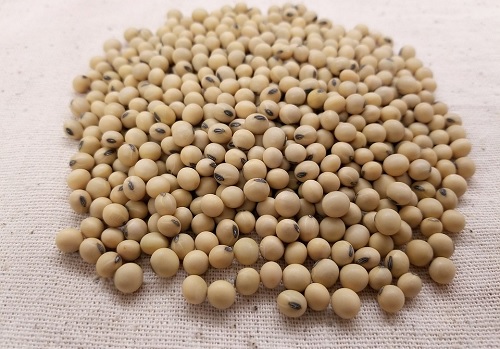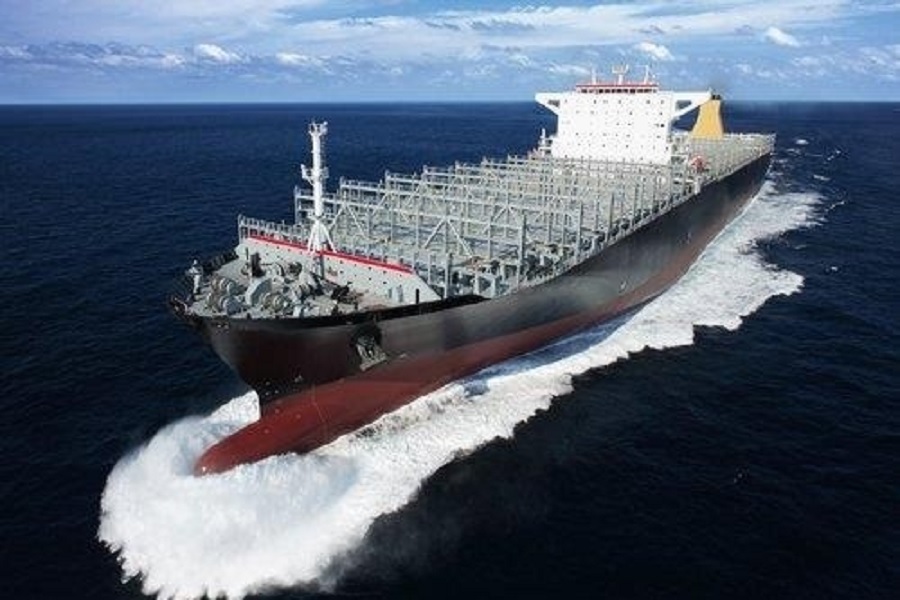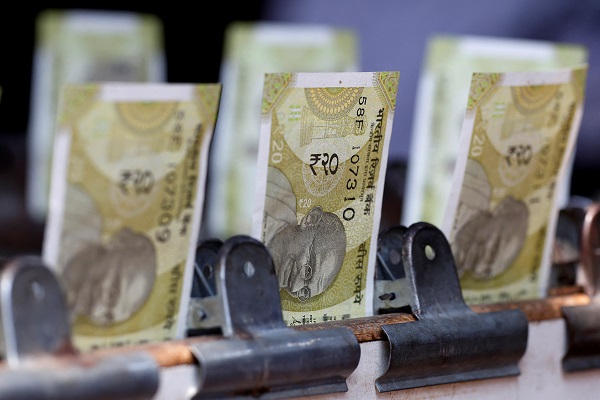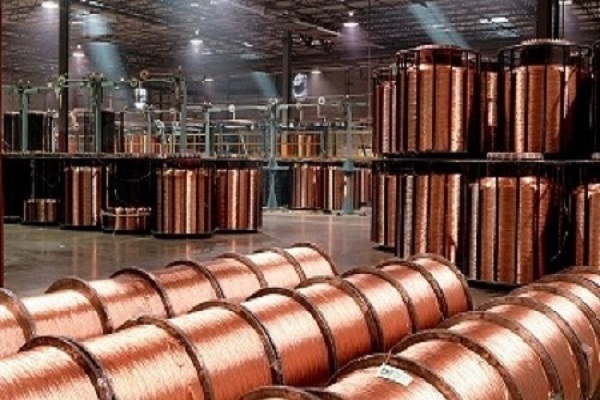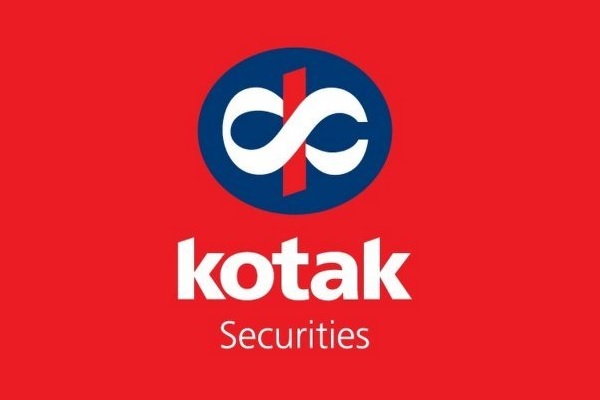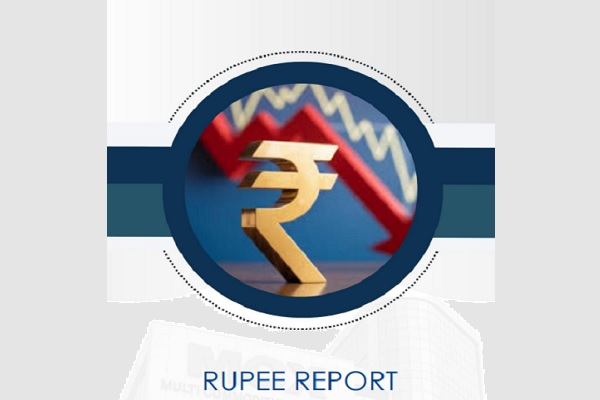Indian Oilmeal Exports Flat in April Amid Weak Demand by Amit Gupta, Kedia Advisory
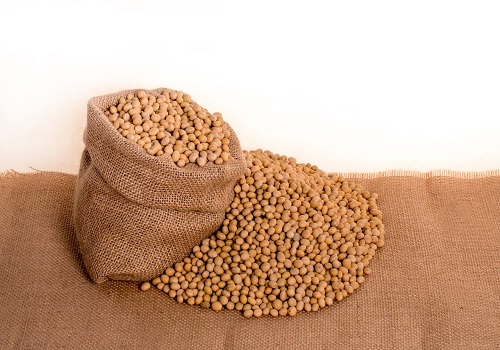
India’s oilmeal exports remained stagnant in April 2025 at 4.65 lakh tonnes, slightly above last year’s 4.65 lakh tonnes. Despite record soybean and rapeseed harvests, weak international demand and global market disparities curtailed export growth. Soybean meal exports fell to 13.35 lakh tonnes during November–April, compared to 16.58 lakh tonnes last season, while rapeseed meal exports dropped to 9.11 lakh tonnes. India’s rapeseed meal is significantly cheaper than global prices, presenting a strong export opportunity to China if import norms are relaxed. Growing adoption of DDGS in animal feeds is also impacting oilmeal demand. Major buyers included South Korea, China, Bangladesh, Germany, and France.
Key Highlights
# Oilmeal exports remained flat in April 2025 at 4.65 lakh tonnes.
# Soybean and rapeseed meal exports declined due to weak global demand.
# Indian rapeseed meal is $106/tonne cheaper than global prices.
# SEA urges India to push China to ease import restrictions.
# DDGS adoption in animal feed is lowering oilmeal demand.
India's oilmeal exports saw no significant movement in April 2025, recording 4,65,863 tonnes, barely up from 4,65,156 tonnes in April 2024, according to data from the Solvent Extractors’ Association of India (SEA). The muted growth reflects ongoing weakness in international demand, despite a strong domestic supply following record soybean and rapeseed harvests during the kharif and rabi seasons.
While the supply side remained robust due to increased crushing, the disparity in global pricing kept demand subdued. Soybean meal exports dropped to 13.35 lakh tonnes between November and April of the current season, down from 16.58 lakh tonnes during the same period last year. Similarly, rapeseed meal exports fell to 9.11 lakh tonnes from 9.30 lakh tonnes.
India’s rapeseed meal is competitively priced at $202 per tonne (ex-Kandla FAS), substantially lower than the $308 per tonne (ex-Hamburg) in the international market. This price gap offers an export advantage, especially to China. However, stringent import restrictions by China have limited the opportunity to only three Indian exporters currently approved by Chinese customs. SEA has appealed to the Commerce Ministry to push for a policy breakthrough with China.
In other developments, the rising use of DDGS (distillers dried grains with solubles) as a protein-rich, cost-effective substitute in animal feed is also impacting the demand for traditional oilmeals like soybean and rapeseed meal.
South Korea remained the top importer in April with 68,948 tonnes, followed by China (59,921 tonnes) and Bangladesh (50,191 tonnes). Germany and France continued their soybean meal imports, taking in 58,945 tonnes and 16,415 tonnes respectively.
Finally
Despite ample supply and competitive pricing, weak global demand and trade restrictions are dampening India’s oilmeal export growth, highlighting the need for strategic export interventions.
Above views are of the author and not of the website kindly read disclaimer
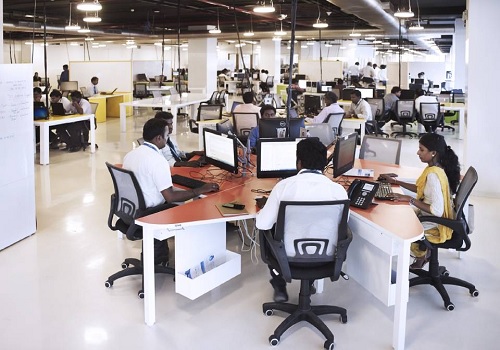


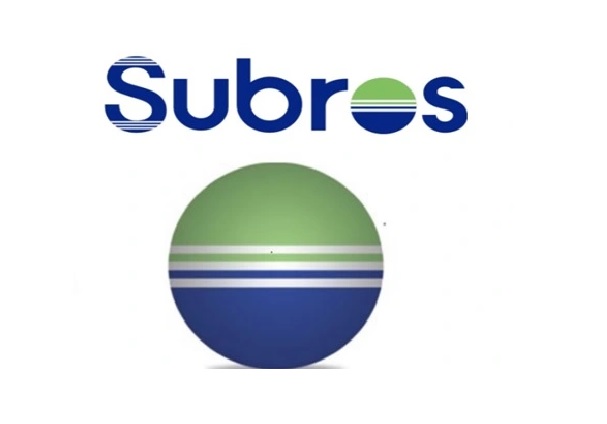

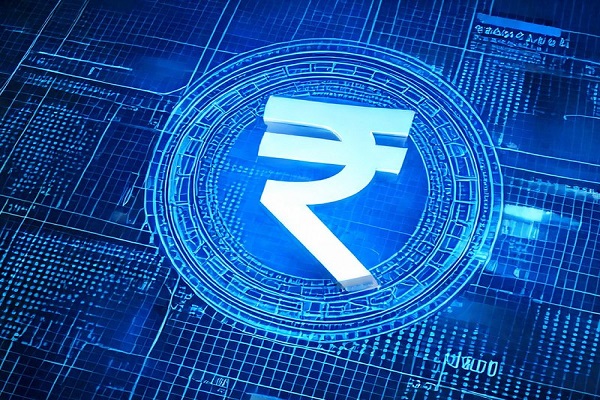

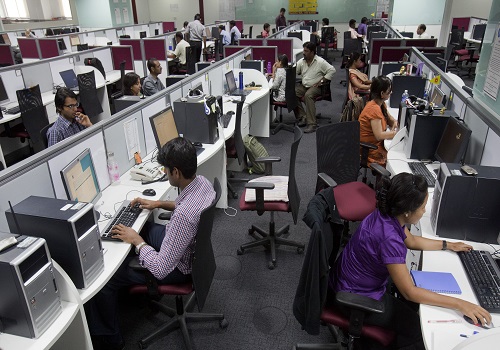

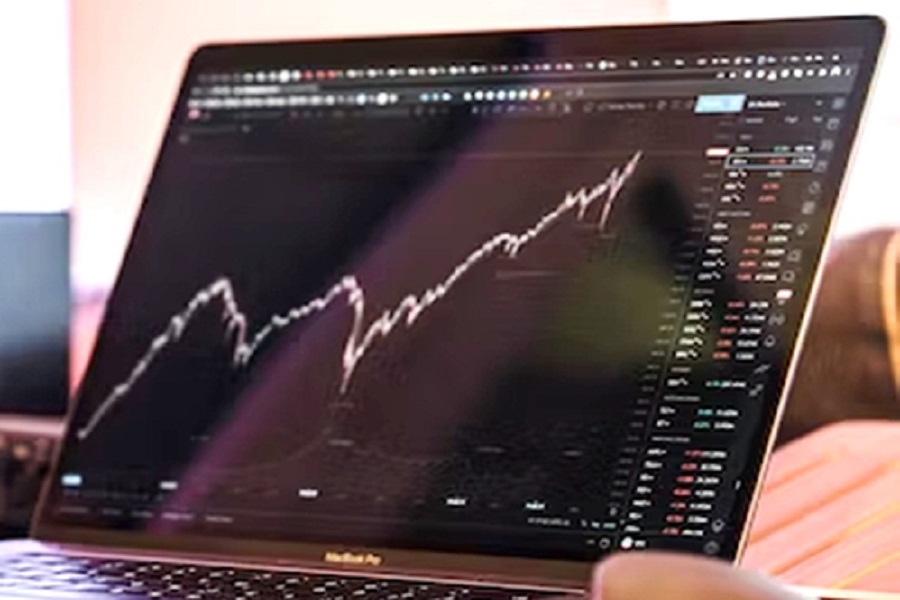
More News
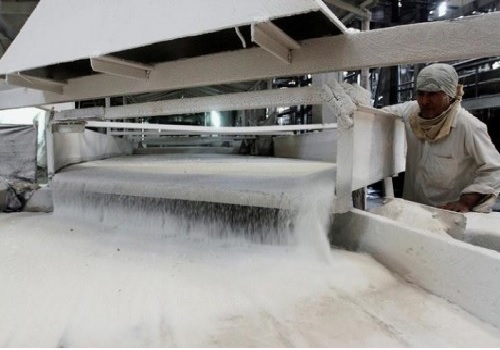
India, Brazil Boost Global Sugar Output Amid Price Trends by Amit Gupta, Kedia Advisory


